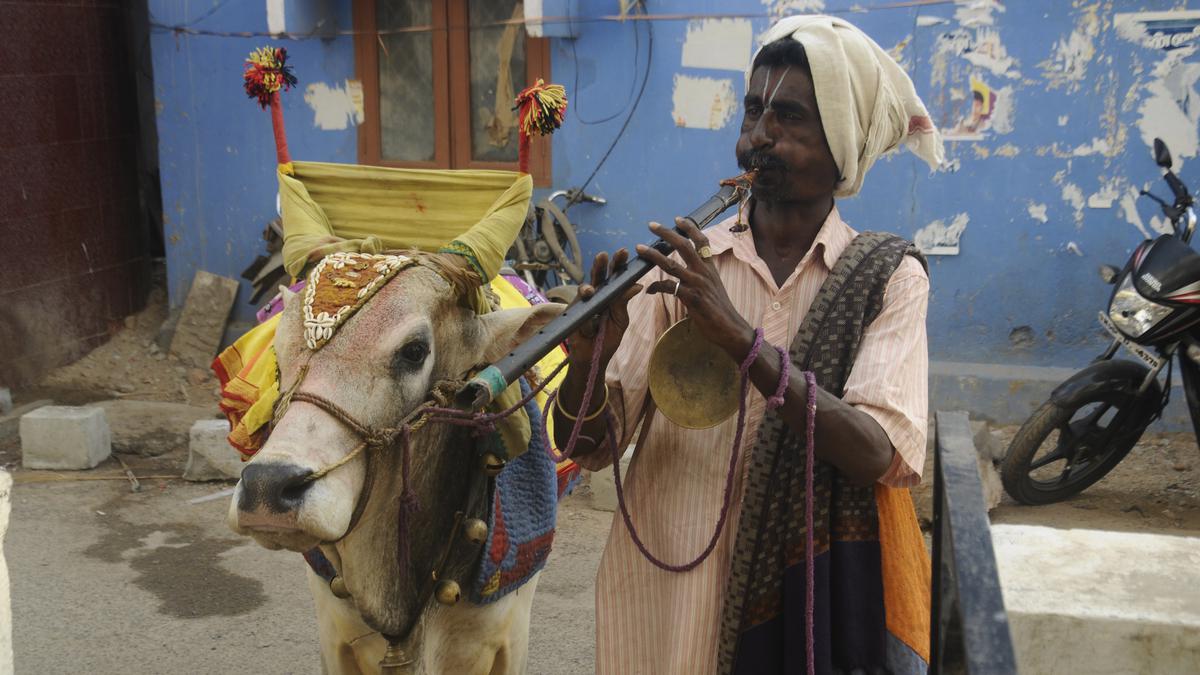
Survey finds nomadic tribes in Tamil Nadu lacking access to education, government schemes
The Hindu
Nomadic tribes in TN lack access to edu, govt schemes: Survey by Vanavil Trust reveals 27% of children not enrolled in schools, 53% face discrimination. 807 families lack access to schools/higher edu, 713 lack access to govt schemes. Free land pattas benefited most, other schemes less. Report urges govt to conduct State-wide survey & constitute commission for welfare of nomadic tribes.
A survey of 1,458 families belonging to four nomadic tribe communities spread across eight districts of Tamil Nadu has revealed that the communities significantly lacked access to education and government schemes.
The results of the survey by Vanavil Trust show that 27% of the children in these families were not enrolled in schools. Of the remaining, 53% reported facing discrimination in their schools by classmates and teachers, which in turn led to many children dropping out before finishing Class 12.
Of these 1,458 families, 1,118 had no one in their families who had completed Class 10, 1,275 had no one who had completed Class 12, and 1,378 had no graduates. A total of 807 families said that they either lacked access to schools or faced discrimination. Similarly, 713 households said that they did not have access to higher education institutions.
The survey studied access to more than 10 government schemes like the Mahatma Gandhi National Rural Employment Guarantee Scheme (MGNREGS), Chief Minister’s Comprehensive Health Insurance Scheme (CMCHIS), issuance of free land pattas, and the Prime Minister’s Awas Yojana housing scheme and found that a vast majority of the families could not benefit from these schemes even though they were eligible.
The scheme that had benefited the highest number of surveyed families was the issuance of free land pattas with 267 of the 1,458 families saying they benefited. Only 71 families had benefited from MGNREGS, 71 from Jan Dhan, 112 from PMAY, and 201 from CMCHIS.
Besides access to education and government schemes where the gap was significant, the survey also found that a large of the surveyed families lacked access to clean water, toilets, electricity, and healthcare.
Arguing that the survey was conducted to address the lack of availability of credible data on the nomadic tribes, the Trust, in its survey report, urged the government to conduct a State-wide survey of nomadic tribes and denotified communities. Other key recommendations made by the report included the resolving of problems in issuing community certificates as their non-availability was a major hurdle in access to education, proactive measures to address the gaps in financial inclusions and access to government institutions and schemes. The report also recommended the constitution of a State-level commission for the welfare of the nomadic tribes and denotified communities.











